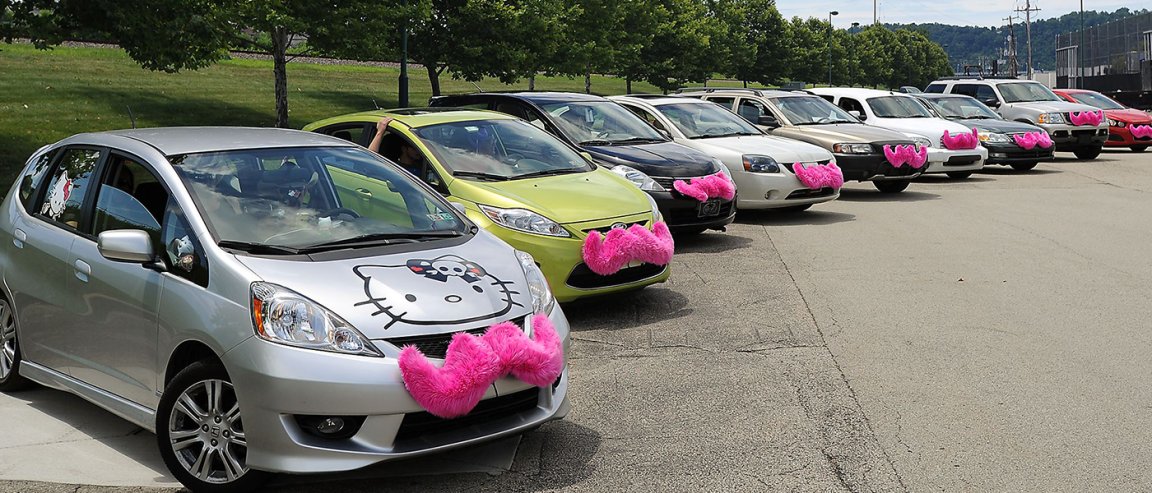
Driverless, Ownerless Cars
Predictions of the future of the cars are as numerous as the companies that make them. Some predict that people will own futuristic self-driving cars in the next few years, while others are willing to stick it out with the human-controlled variety.
Outside of car manufacturing, some are even saying car ownership not a part of our autonomous driving future. At least that’s what Lyft president and co-founder John Zimmer thinks will happen when self-driving cars eventually take over.
Zimmer released a 14-page document that outlined his vision for the future of transport. In it, he predicts that a majority of Lyft’s fleet will be self-driving and completely driverless by the year 2021. He sees that personal ownership of cars will be a thing of the past, at least in America, by 2025. Instead, we will have services like Lyft operate on a per-mile subscription basis (think Netflix). There could even be cars tailored to entertainment, work, or even partying.

Retooling the Urban Landscape
Uber seems to be slightly ahead of the curve with their autonomous ventures. The rival ride sharing service recently put its semi-autonomous (a driver is in the car to respond to any glitches or emergency situations) vehicles on the streets of Pittsburgh. Zimmer views this as a “marketing stunt.” Uber has partnered with Volvo to produce a fully autonomous car, also by 2021.
These revolutionary developments could literally change the urban landscape. Mother Jones reports that the total area of parking space in the US is greater than the size of the entire state of Connecticut. Similar to the reclamation of urban space done in New York City with the High Line, parking space would be able to be reclaimed for parks, housing, hospitals, schools, or any other useful development. Even more, pollution from gas guzzling cars would dramatically decrease as more people would be using fewer cars, but also these vehicles will likely be electric.